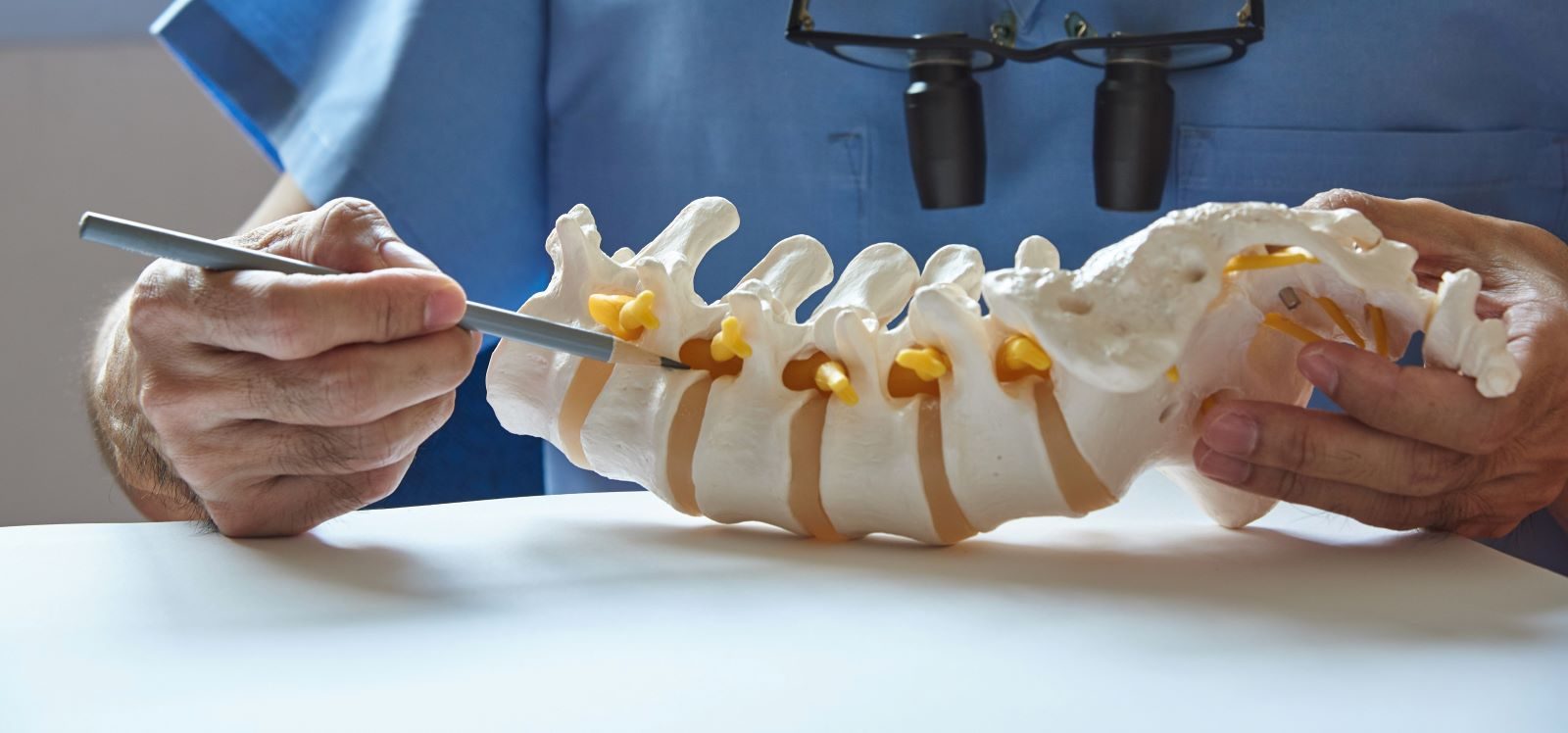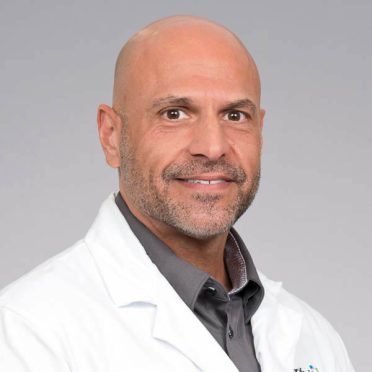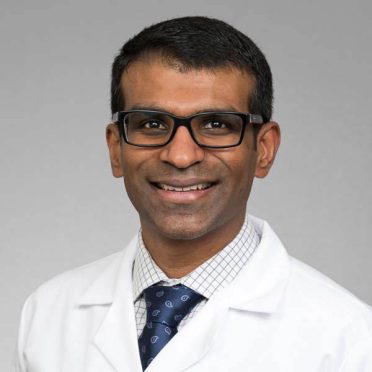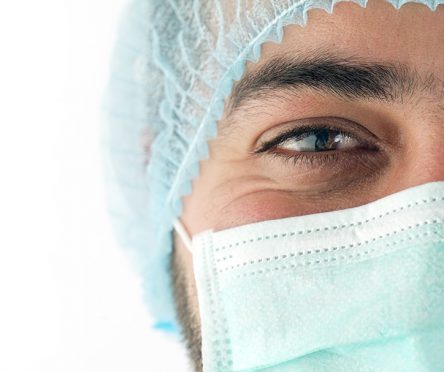Hartford HealthCare St. Vincent’s Medical Center in Bridgeport is the first hospital in New England to use Synaptive’s Modus V™ 3D exoscope technology for brain and spine surgeries.
Modus V is a robotic digital microscope that uses artificial intelligence to combine advanced engineering with the latest breakthroughs in optics, video processing, and robotic automation.
“We at Hartford HealthCare’s Ayer Neuroscience Institute are dedicated to treating our patients with the most advanced and most innovative techniques and technologies to assure the best possible outcomes with the least risk,” said Khalid Abbed, MD, co-physician-in-chief at the Ayer Neuroscience Institute who performed the first surgery using the exoscope technology – a lumbar spine decompression. “This impressive technology allows the surgeon to navigate the sensitive structures of the brain and spinal cord in an unprecedented way. The Ayer Neuroscience Institute is always advancing neurosurgical and spine care, and being the first in New England to offer this innovative technology is another example of that.”
The Modus V provides the surgeon with a 3D visualization of the surgical field. It provides more depth of field than traditional surgical microscopes and has double the magnification of comparable microscopes.
Unlike traditional microscopes, the Modus V allows everyone in the operating room to experience what the surgeon is viewing in 3D on 55” Ultra HD 4K monitors. This allows for improved workflow and collaboration across the surgical team, ultimately resulting in improved patient outcomes.
“Neurosurgery is all about precision,” said Vijay Yanamadala, MD, FAANS, medical director of Spine Quality and Surgical Optimization. “One millimeter can impact the outcome for patients. We are committed to using every tool and every technology we can to have the safest, most effective surgery.”
The exoscope will be used for a wide range of procedures including lumbar decompression, laminectomy, discectomy, spinal tumors and cranial procedures such as brain tumors and aneurysms.
“Due to the improved view of the surgical field, we will be able to perform surgery more efficiently which will in turn lead to a shorter length of stay and faster recovery for the patient,” said Dr. Yanamadala. “We know that less time spent in the operating room, the lower the chance of complications.”




